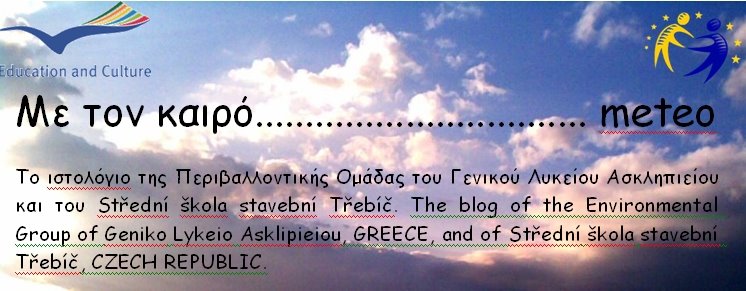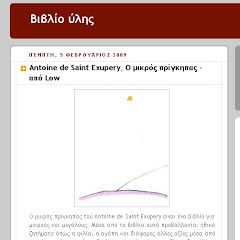One of the greatest authors of the 20th century, named John Ronald Reuel Tolkien, mostly known due to the block-buster “The Lord of the Rings” based to his book-trilogy, has extensively used the weather in his various masterpieces and in the next lines, a focused analysis follows.
In this book, Tolkien describes how the world of Arda was born. This world consists of Valinor, the deathless land of the Valar, the greatly tortured Middle Earth, Numenor, the land of the Mortal Sea-Kings and the Endless Void. The greatest part of this story takes place in Middle Earth, Valinor and Numenor.
In the days of the Two Trees in Valinor, (which were days of prosperity and endless joy) the weather was always sunny, the morning breeze was caressing the deathless shores and the night aura was bringing sea-smells. There was never rain in that land and the sky was always bright and clear.
Here, the weather comes to depict the bliss of the Blessed Realm and the power of the Valar. The perfect weather also indicates the happiness of the Realm plus it is so perfect that by its own perfection prepares the reader about the dark and sorrowful change that is about to follow.
And this change does occur having disastrous effects upon the Blessed Realm and the Firstborn. So when dark Morgoth and his faithful companion Ungoliant the Spider destroy the two trees, a dark cloud covers the sky and the sun does not shine with the same intense way as it used to do. Rain comes too.
But the best weather description comes in the end of the book where Akkalabeth or mostly known Numenor, comes to its end: Men want to claim immortality so they prepare for battle against the Valar. They, in the full shape of their wrath, cause great thunders, disastrous storms and lightings to come upon the Numenorians. But they do not stop here: they sink Numenor in the abyss of the sea and at that time, great and wild wind destroys the Men’s fleet and terrible waves cover the
Here the weather comes both as a punishment to those who did not respect the allegiance between the Mortal and the Immortal and as a hallowing means by which the Valar cleaned Arda by those of the Men who were deeply corrupted.





Δεν υπάρχουν σχόλια:
Δημοσίευση σχολίου